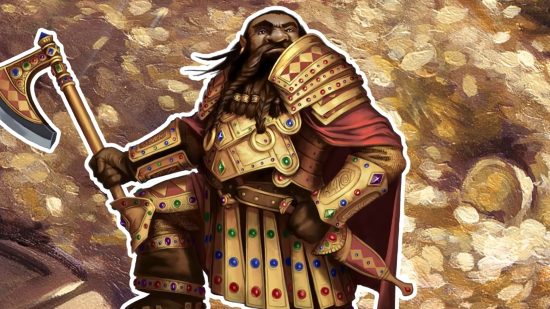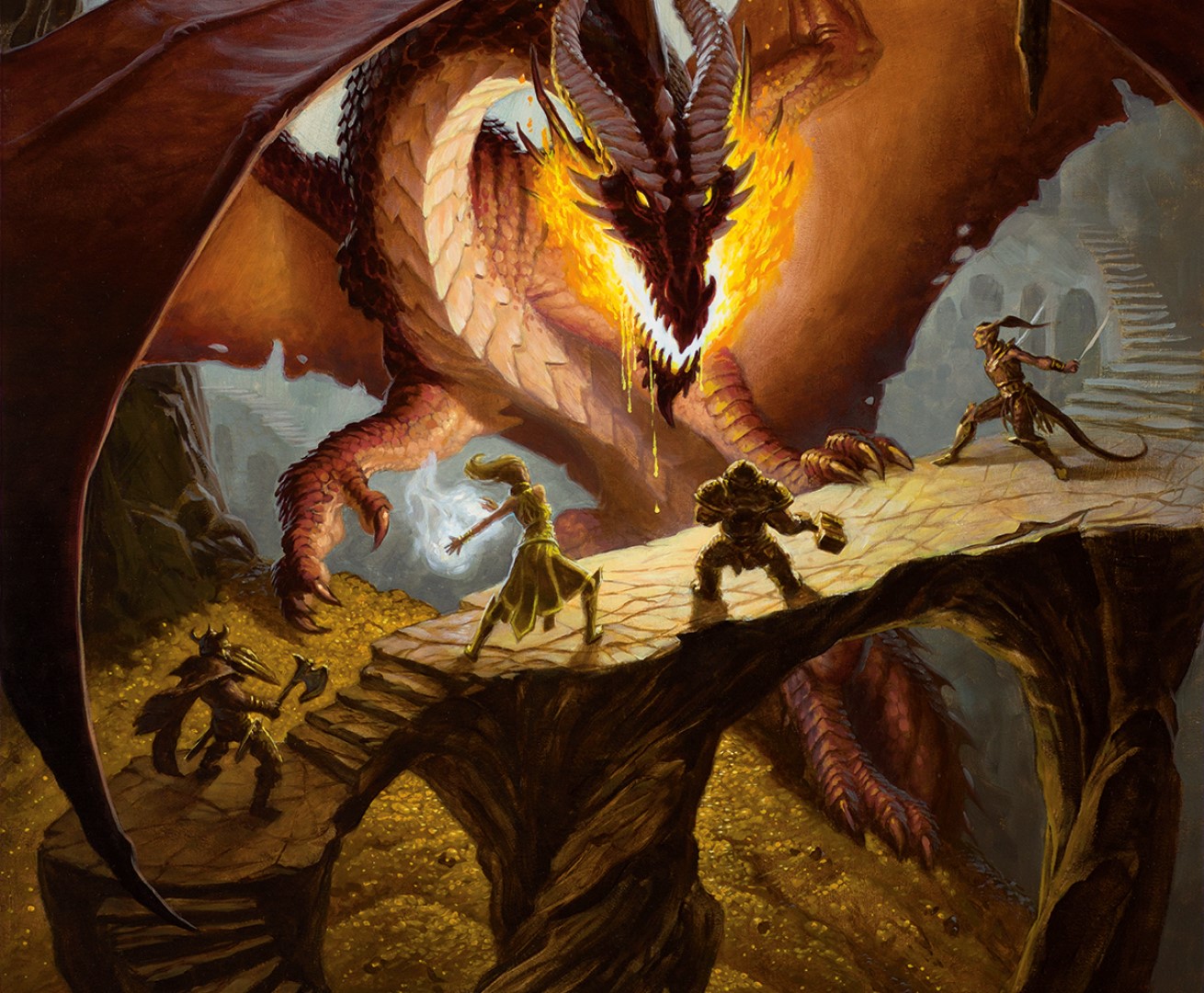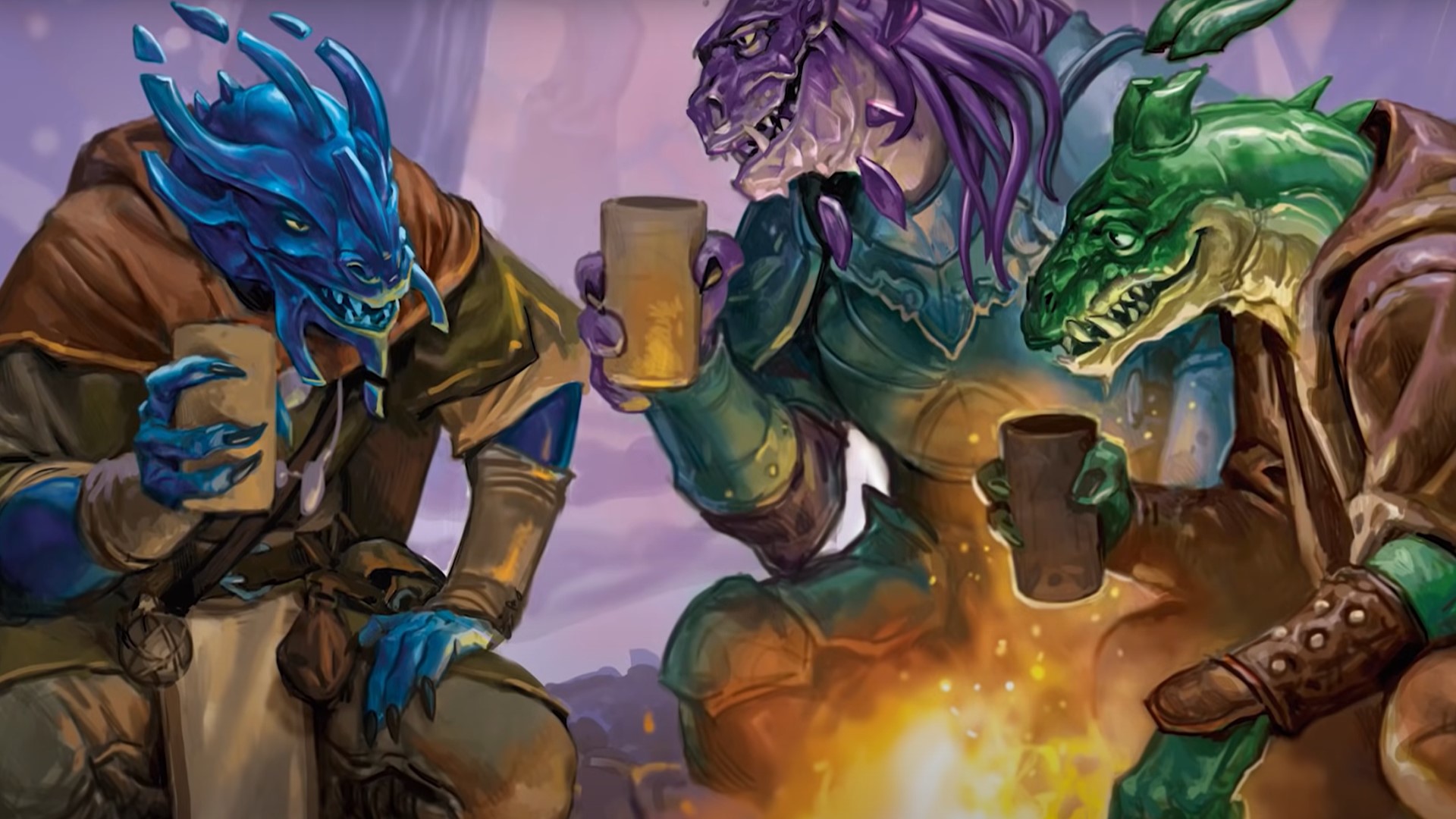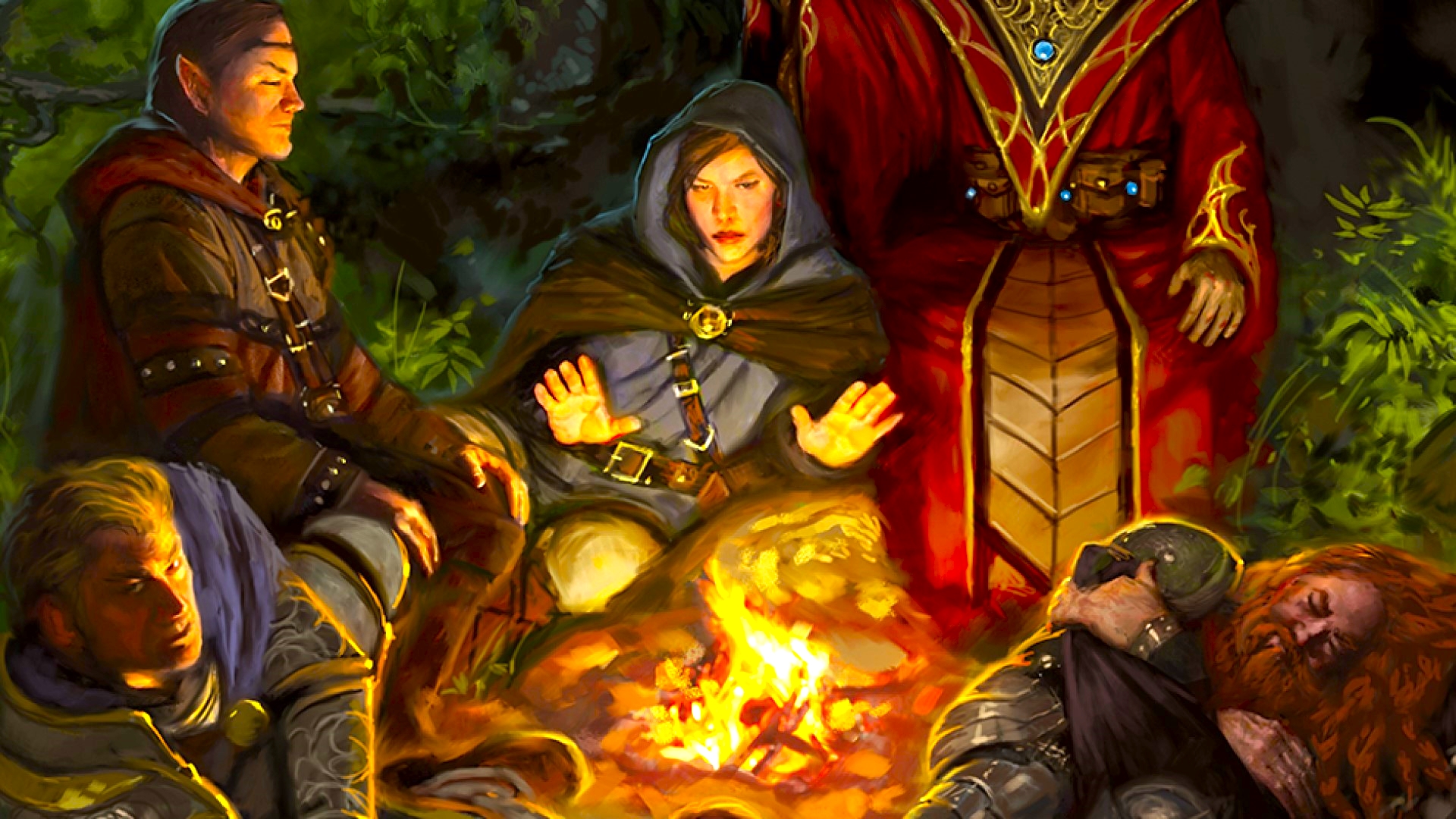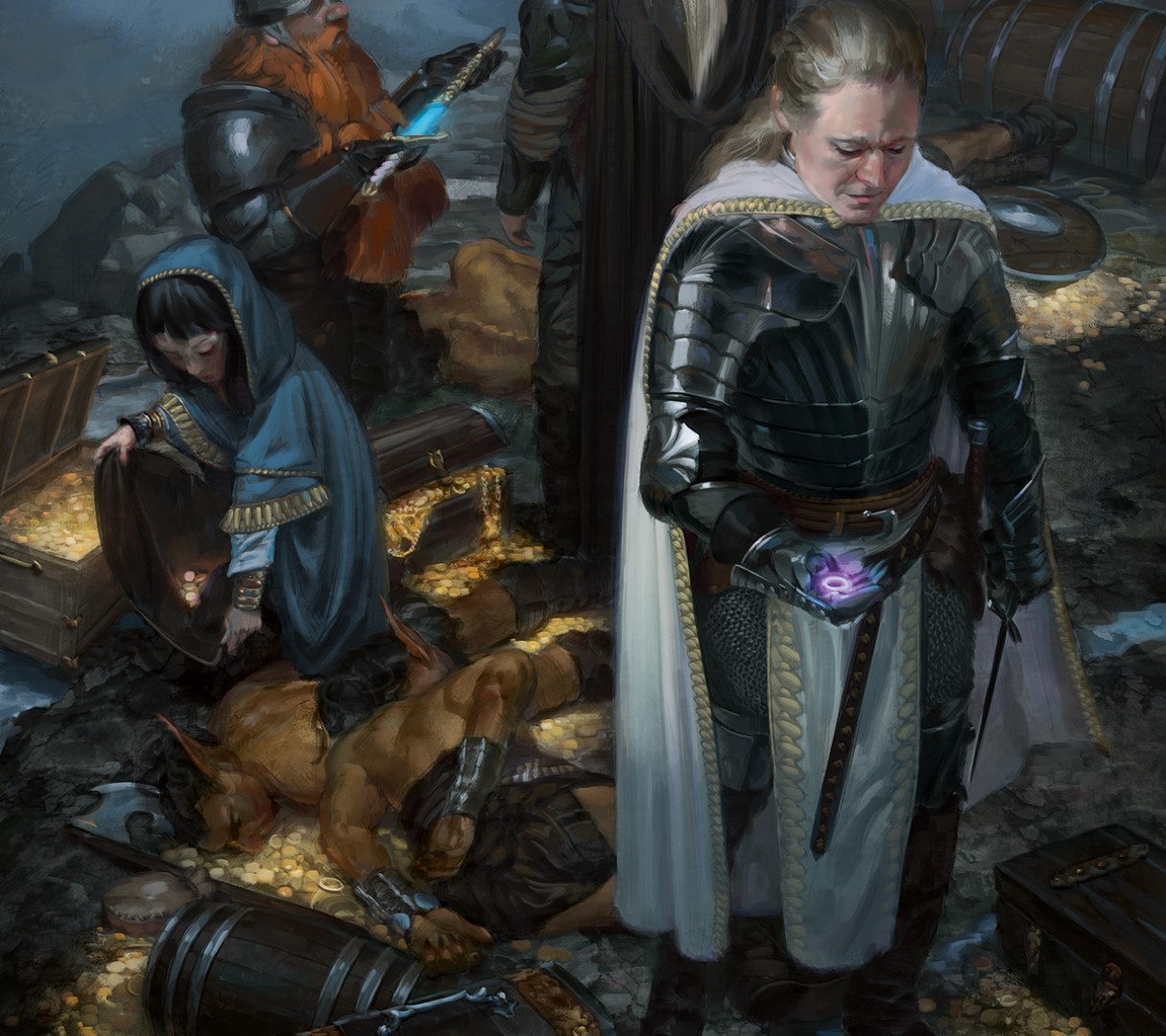At its core, Dungeons and Dragons has always been about collaborative storytelling. This is the spark of life that separates it from its miniature wargaming roots. Winning and losing no longer matter as long as you’re telling a good story, and weakness is often encouraged, serving plot over progress. The biggest actual plays in the world aren’t adored for their crunchy DnD character builds; people care for the characters.
For me, communal narrative creation is the greatest thing about D&D, and roleplaying games at large. Wizards of the Coast knows this, and it knows it’s a feature that can’t easily be monetised.
How D&D makes money has been a big topic of discussion for some time now. Wizards’ other tabletop darling, Magic: The Gathering, is now a billion-dollar brand, and CEO Cynthia Williams has made a point of how under-monetised D&D is by comparison. The majority of big spenders are DMs, and they certainly aren’t the majority of D&D consumers.
Many of us see our RPG bubbles as grassroots affairs, communal pockets to work on fictional escapes as part of a like-minded group. Williams’ statement came across to me as a corporation looking to carve that experience up for additional cash – and the leaked DnD OGL 1.1 document only fanned those flames, apparently promising a world where Wizards of the Coast owned everything you made for D&D and could charge for it.
Resource hoarding directly opposes the nature of a collaborative experience, so naturally, people were pissed off.
And the fact is, Wizards of the Coast knows what its best offering is. Just look at the language of the official OGL D&DBeyond posts. “Community” is said 11 times across four articles, and executive producer Kyle Brink is leaning hard on his personal experience as a passionate gamer to establish credibility and point out what Wizards values (or, perhaps more cynically, what Wizards believes its consumers value).
Kyle says he wants D&D to continue to bring “creative joy and lifelong friendships”. He knows the rules and background details that, until the recent Creative Commons pivot, were rather jealously guarded, are just a “foundation” for “unique worlds and other creations”. He wants us to continue to “create experiences together”.
In Wizards’ own words, these are the things that make D&D – and they’re the hardest things to put a price tag or a copyright claim on. Any RPG system can encourage collaborative storytelling and community creativity.
Partly, brand recognition kept D&D ahead of competitors, but the OGL also meant it drew more third-party creators than any other game, extending the brand’s reach and helping recruit new players. The OGL 1.1 controversy reminded the community they have other places to go if Wizards stops fostering collaboration.
D&D is at a weird crossroads right now. It’s still the biggest name in its industry by a country mile. Technically it doesn’t have a monopoly on the TTRPG market, but given how many people exclusively play D&D or have only heard of D&D, the brand may as well be wearing the Monopoly Man’s hat and moustache.
And tabletop RPGs are, at their core, anti-monopoly. Despite the Dungeon / Game Master leading the storytelling, no one person at the table has full control over the story.
However hard Wizards of the Coast tries to cling to its dominance, D&D can’t ever fully control the tabletop RPG world either. It can’t exist without community collaboration, and the part of DnD it says it values most – people coming together as a group and creating a unique story – is the one part it categorically can never licence or sell.
This leaves us with a few worrying questions that haven’t yet been answered. How does Wizards of the Coast turn D&D into a billion-dollar brand? And, perhaps more importantly, what is Wizards prepared to try to achieve its goal?
